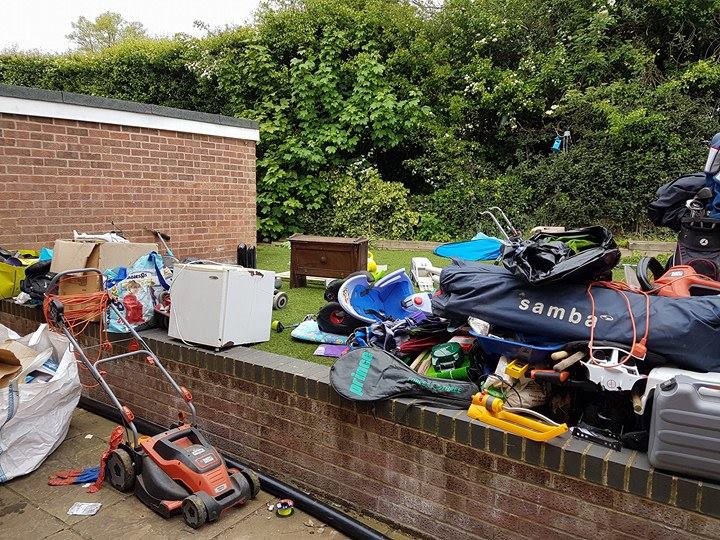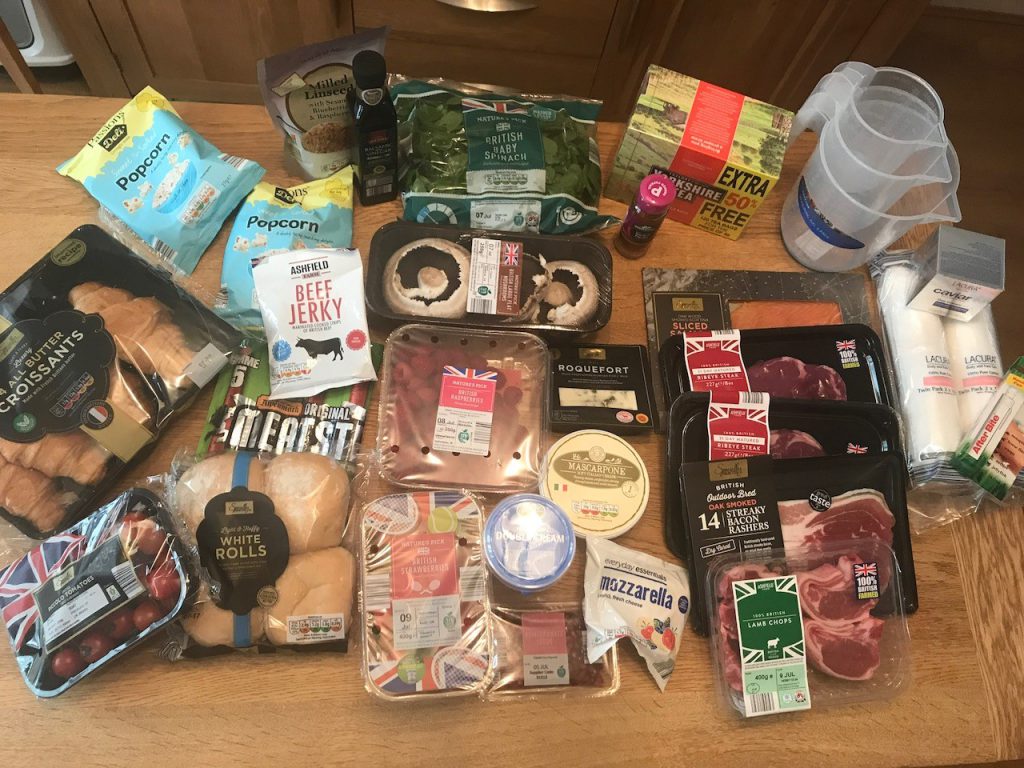Buying your first home is one of the most exciting and expensive purchases you are going to make in your life time. It is going to take time and dedication to save up for the deposit and other purchase costs, but it will absolutely be worth it.
Purchasing your first house is a fantastic investment, your house should raise in value over time and your mortgage repayments will be paying towards the original cost of the house. One day you will have a valuable asset in your name.
Consider whether you want to buy an existing house or a new build. Whilst considering moving house recently we had our heart set on a new-build Barratt Homes property, it had many advantages. Firstly, there are often offers on what is included in the new build, maybe a free kitchen, carpeting and landscaped garden. Secondly there are often offers on stamp duty as well. If you love the idea of moving into a house where no one else has lived this is perfect for you.
Another consideration is how you are going to buy. A very popular scheme to look into is the Help To Buy scheme. This enables you to pay a lower deposit of just 5%, the government loans you up to 20% of the value of the house (interest free for five years) and then you get a mortgage for the remaining 75%. For more information you can read more about the Help To Buy scheme here.
Setting a goal
Having a goal in mind from the start of a saving journey is highly motivational. You will know what savings goal you are aiming for and can break it down into manageable chunks. The first thing you will need to work out is what house you can afford based on your salary. And then what percentage of the house price will you be paying as a deposit.
Once you have this deposit figure worked out you will need to add some extra budget for moving costs, legal costs, survey costs and stamp duty (currently payable for first-time buyers if the property you are buying is more than £300k).
Once you have worked out your goal, think about your time frame to calculate how much you need to save every month. Maybe you have a goal of £20k to save and want to buy a house in three years’ time. You would need to save £556 each month.
How Does your Goal Feel?
How does this goal feel? Is it achievable to save this amount of money or do you need to make some savings or generate some extra cash to enable this level of saving? Here are a few ideas to help.
Get the best deal on your current bills
Look at your regular essential bills, are you on the best tariff and getting the best deal for your essentials. I am talking about your gas and electricity, broadband, TV package, mobile phone and insurances. For every bill check your contract details if you are out of contract and free to switch then look at a comparison site and see where you can save money. If you have been with the same energy company for a few years you will be very surprised at how much you can save moving to a new provider
Be strict with your direct debits and cancel anything that you don’t use enough
Take a good look through your direct debits leaving your bank account and really think about if you need that service or are getting your money’s worth. There are luxury items that may need to stop whilst you are saving for this goal. Do you really need the gym membership or the weekly food box? Can you cancel any unneeded insurance or TV subscriptions? Could you cancel sky movies and sports whilst you are saving for your dream house?
Switch your food shopping
The monthly food budget is a big one and can be significantly reduced by moving away from the big supermarkets to places like Aldi and Lidl. I recently switched from Tesco over to Aldi, which saw us save a huge £40 per week! The food is amazing quality and very good value for money.
Try a No-spend month
A no-spend month is a great way to save lots of money each month but it takes dedication. A no spend month means no additional spending for a whole month. No coffees, lunches out, drinks with friends, clothes, cinema trips. You can still spend on essentials so groceries, transport and your regular monthly bills but nothing else. I tried this for two whole months and managed to save £300 each month.
Make some extra money
Of course, there are plenty of ways to make money as well as save money. Perhaps you can give a few of these a try to make some extra money. We all have clutter, and unwanted stuff in our houses, get it sold on eBay, Gumtree or Facebook for sale pages. Have you ever tried mystery shopping? Get involved with bank mystery shops and you can make £50 for a mystery shop. You would be surprised how much you can make, particularly handy if you were going in anyway. Earn some extra money from a side hustle, perhaps you can make cakes, walk dogs, babysit for your friends’ children.

Save your money in the most efficient way, getting a great return
Hopefully all of this has given you plenty of food for thought on how to save up for that first-time purchase. The next essential to consider is putting the money into the best place to get a good return. Why not consider the Help To Buy ISA scheme where the government will pay you a 25% bonus on top of your saving? It can only be used for a first-time house purchase.
You can start the savings with a £1200 lump sum and then on going the maximum you can save is £200 a month. The maximum bonus is £3000 meaning that you can save up to £12,000 to then receive the bonus from the government. Don’t forget about the before mentioned Help To Buy scheme from the government where you may only need to raise 5% for your deposit.
There are drawbacks, mainly that it is slow to build up the balance. If you are aiming for a saving of £12k it’s going to take you 4 ½ years to save up the money. You must have a balance of at least £1600 to qualify for the 25% bonus. Your solicitor will need to apply for the saving and it can only be used for the deposit of your house purchase, not stamp duty or fees. The house being bought must be less than £250k or £450k in London.
Best of luck in saving for your first property, these money saving tips will help you get to that deposit quicker.
This is a collaborative post with Barratt Homes






